8K vs 4K vs 1080p on the Samsung Galaxy S20 Ultra: Video file size comparison
We may earn a commission if you make a purchase from the links on this page.
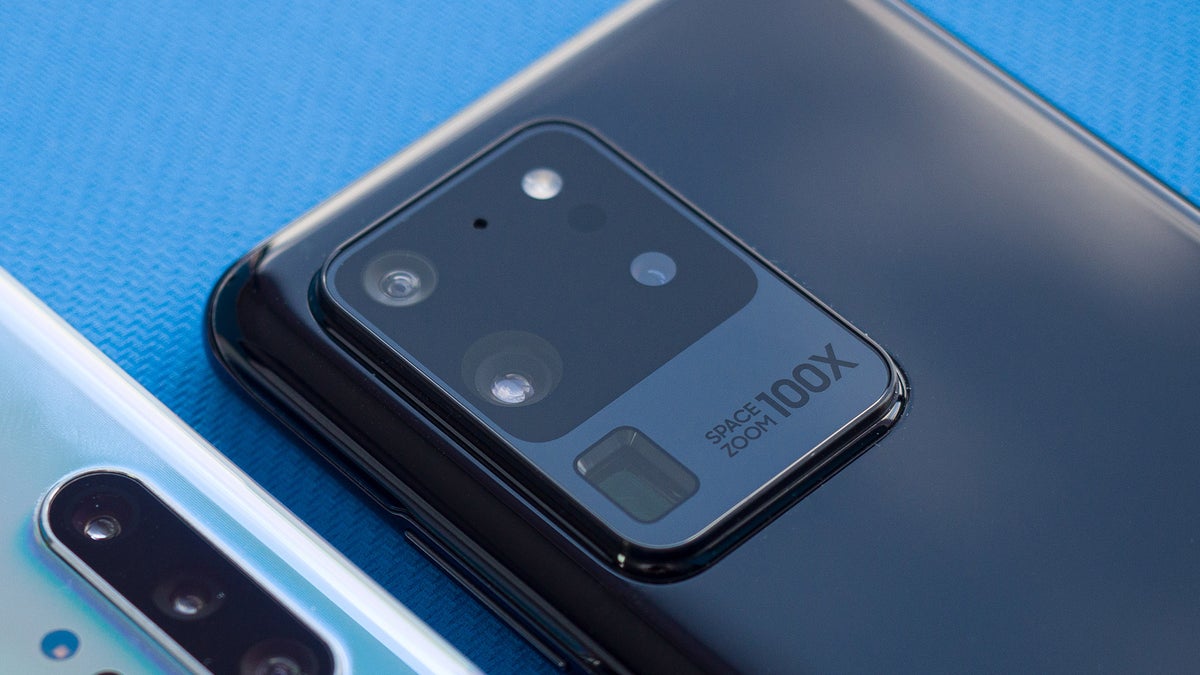
The Samsung Galaxy S20 Ultra, S20 Plus, and S20 will be the first widely available phones to shoot 8K video. While 4K is still struggling to overthrow Full HD as the standard resolution at which we shoot and consume video content, Samsung is one-stepping th e current state of affairs by future-proofing the Galaxy S20-series with 8K video-recording. Granted, hardware has not yet caught up to Samsung's advances, even on the newest Galaxies - 8K video playback on the Galaxy S20 Ultra, for example, results in uninspiring stutter and dropped frames.
Toss in the quadruple size of the resulting video file, and you'll be in for a rude awakening once you realize 8K goes through a phone's storage like there's no tomorrow. But how much more space do 8K videos take in comparison with 4K and the way more common Full HD ones?
We took a couple of samples to check that and report back. For your peace of mind, we took three separate 30-second video samples with the Galaxy S20 Ultra, starting with 8K, then downgrading to 4K, then finally to Full HD. The phone was comfortably nested on top of a tripod and didn't move it in any way whatsoever so as to eliminate any variables that could affect the file size. Thus, save for resolution, assume that all three samples are at least 95% identical.
How much more space does 8K video footage take in comparison with 4K and 1080p?
We took a couple of samples to check that and report back. For your peace of mind, we took three separate 30-second video samples with the Galaxy S20 Ultra, starting with 8K, then downgrading to 4K, then finally to Full HD. The phone was comfortably nested on top of a tripod and didn't move it in any way whatsoever so as to eliminate any variables that could affect the file size. Thus, save for resolution, assume that all three samples are at least 95% identical.
One thing to hold in mind is that the Galaxy S20 Ultra shoots 8K video in the HEVC (also known as H.265) video format. While it offers greater compression and saves space, you may run into issues if you want to subsequently use the footage in certain apps. While more and more platforms and services support H.265, unfortunately it's not a universally supported video format just yet. Being the successor of H.264, H.265 will certainly achieve the same level of widespread support in the future, but as of now, you may still run into issues.
So, what are the results?
Moreover, increasing both the framerate and video duration yielded the following results:
While your mileage will certainly vary, file size of footage recorded at the specific resolution should gravitate in the same ballpark as the data above.
One thing to bring back home is that 8K video recording on the Galaxy S20 Ultra takes up lots of space, but it's not necessarily better than 4K UHD in terms of usability. At the moment at least, 4K footage shot at 60fps with the same device is inherently more usable and flexible - you can share it just about anywhere and have more flexibility regarding the subsequent editing of said video. Still, the very fact that we have 8K video-recording on commercially available phones is humbling and can only raise our hopes for the future of mobile imaging technology.
Galaxy S20 video file size comparison
30s sample video
- Full HD 1080p@30fps (H.264) - 52.2MB
- 4K UHD@30fps (H.264) - 138.68MB
- 8K UHD@24fps (H.265)- 302.87MB
Moreover, increasing both the framerate and video duration yielded the following results:
1m30s sample video
- Full HD 1080p@60fps (H.264) - 232.06MB
- 4K UHD@60fps (H.264) - 752.25MB
- 8K UHD@24fps (H.265) - 885.92MB
While your mileage will certainly vary, file size of footage recorded at the specific resolution should gravitate in the same ballpark as the data above.
Read more:








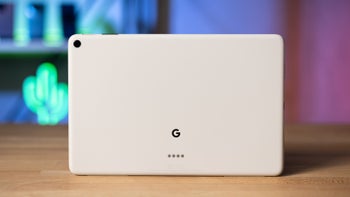

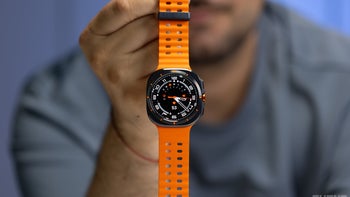


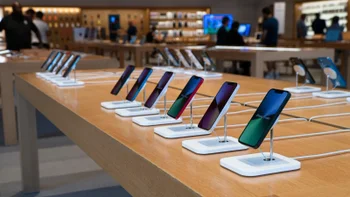

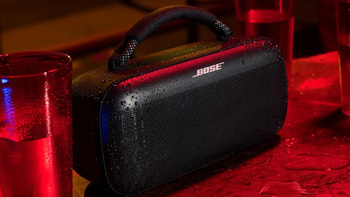
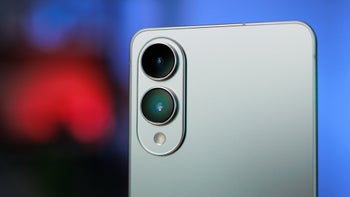
Things that are NOT allowed: